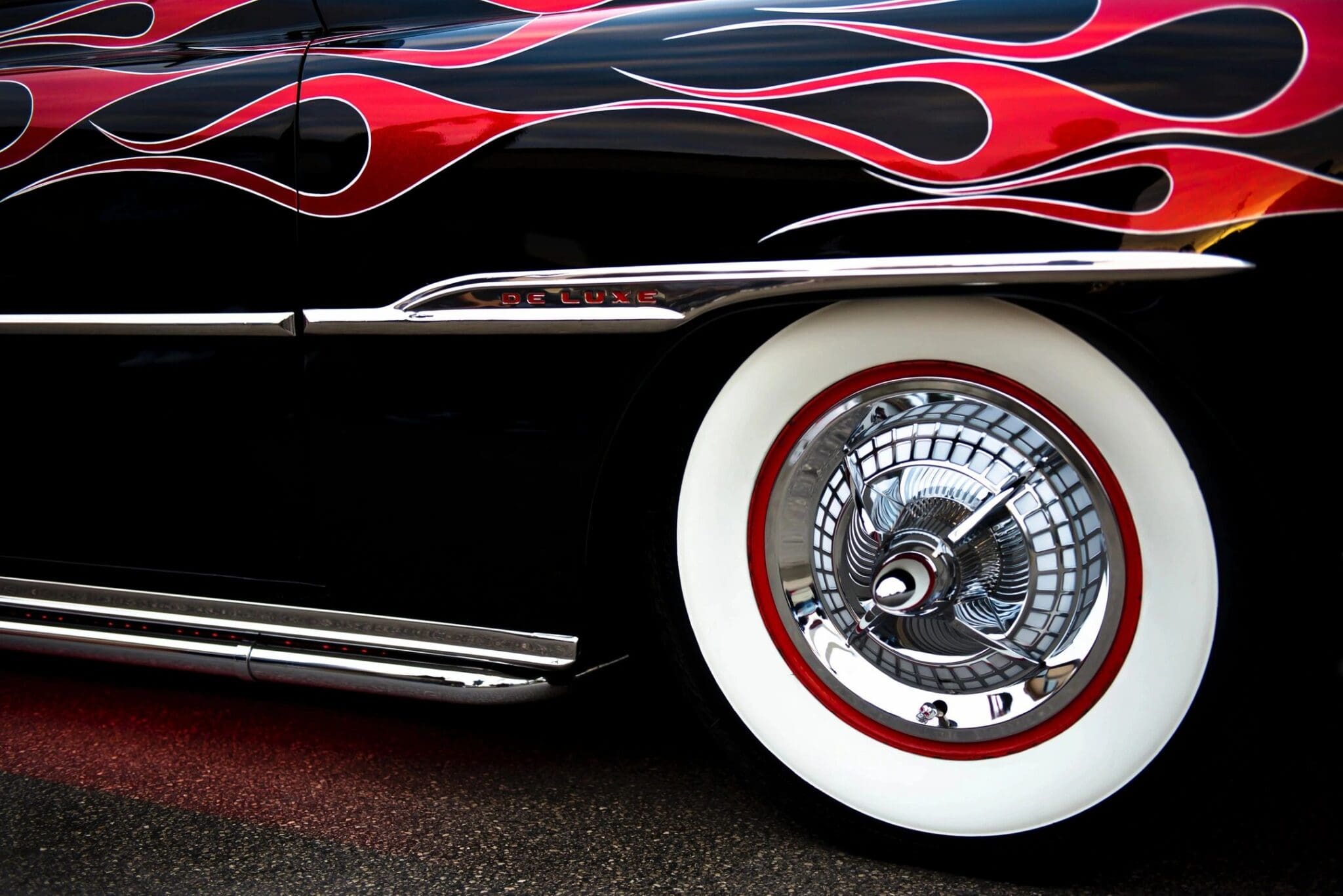
Hot Pursuit–Is It Too Late to Become Wise?
With lights flashing and siren blaring, a sheriff chases a speeding car across the county line. “Hot pursuit” is the legal doctrine that gives him emergency authority to arrest the speeder, even though the sheriff is outside his own jurisdiction.
WELCOME to my Wednesday thoughts on life–in all its quirkiness and humor. My own follies are often subjects for my musings. While I don’t plan to chase speeding cars, my quest to experience life and gain insight is similarly urgent. This week I’m in hot pursuit of wisdom, no matter where it takes me.
As my birthdays pile into one another like a train wreck, time is growing short for my becoming wise. If only advanced age were a guarantee of wisdom! With each passing year, people would get closer to mental and emotional perfection. “I can hardly wait to turn 90,” they would say at cocktail parties. In truth, the brain shrinks over time; life’s lessons are not always learned; and it’s more fun to read Michael Connelly mysteries than philosophy books. It’s a miracle if anyone achieves human enlightenment.
My big-hearted friend likes to include strangers at her Thanksgiving table. She and her family enjoy hearing their guests’ life stories and bits of wisdom they’ve gained along the way. Last year she invited an elderly man and two women from a nearby nursing home to join their celebration. She was disappointed to find her guests were merely old and not in the least wise. I don’t want to find myself in a similar state of being older but no wiser.
I’ve joined two book clubs, subscribed to newspapers and magazines, and signed up for a few Substack columns on politics and history. I realize it requires more than just finding interesting material. Now I must actually read what arrives in my inbox and mailbox. On my way to getting wise, I want to share it with readers, so I’m trying to polish my writing by joining Brooke Warner’s Writerly Things, also on Substack.
One of my book clubs recently read Isaac Newton by James Gleick. Newton was a true genius and wise, indeed, with respect to mathematics and the universe. As to humans, he had no clue. He was a loner who preferred puzzling over math and physics problems to raising a pint with friends. English poet William Wordsworth described Newton: “A mind forever Voyaging through strange seas of Thought, alone.”
While I will never be wise about the workings of the universe, I am trying to learn about my fellow travelers on Earth. Observing the relatively small number of people I meet in my life is not enough to understand humans in all their complexity. That’s where novels come into play. As Ernest Hemingway said, “All good books are alike in that they are truer than if they had really happened. . . .” Novels allow people to live many lifetimes, experience foreign cultures, and empathize with a myriad of characters.
Reading and learning don’t always translate into wisdom. Making sense of what you know and applying it to life are just as important. If you have seen many seasons, learned hard lessons, observed the natural world, and followed world events, you are part way to wisdom. Rather than carrying a fixed set of beliefs forward like a shield to prevent exposure to differing ideas, it helps just to be present and gain new insights. American writer Randall Jarrell said, “It is better to entertain an idea than to take it home to live with you for the rest of your life.” Changing your mind is a sign there’s still a mind to change.
I’m taking a big step along the wisdom path by simply resisting the temptation to ever say, “I told you so.” I’ve also learned never to ask a plump young woman, “When is your baby due?” As you can tell, I’ve learned a thing or two in life.
The pay-off for attaining wisdom is people will vie to spend an hour in your company. At age 64, Leonardo da Vinci accepted the invitation of the 22-year-old French king, Francois I, to move to his country estate near Amboise for the last years of his life. A brilliant engineer, architect, painter, sculptor, and scientist, Leonardo envisioned air travel hundreds of years before it happened. When he discovered fossils of sea creatures high in the mountains, he realized our seemingly stable world was in a state of flux.
Perhaps the young king believed he could acquire some of Leonardo’s genius merely by rubbing elbows with him. Or maybe he wanted a smart guy to take a look at his squeaky gate and give the royal handyman a little advice. We’ll never know. Given the shortage of kings and queens nowadays, I’m pretty sure I won’t be invited to live on any palace grounds, no matter how actively I pursue wisdom. Maybe the best I can hope for is to learn to carry on an interesting conversation!